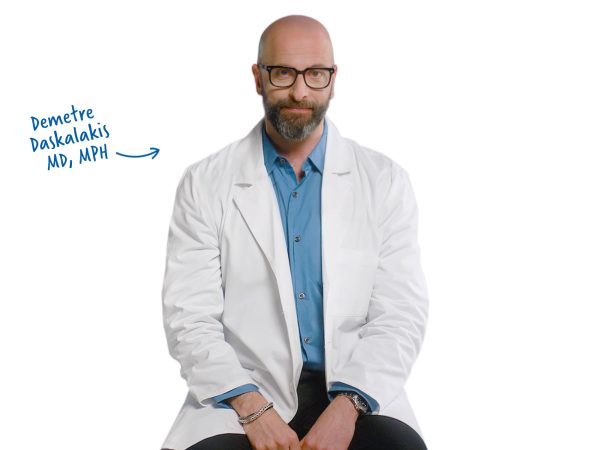Simple things like eye contact, shaking of hands, asking pronouns, asking for permission, explaining things, reassuring things, especially if you’re gonna be talking about sexual health information and sensitive sexual behavior information.
And then asking questions. But you gotta prep it, “Is it okay that I ask you these sensitive questions?”
And when you’re doing the physical exam, just realize that some people may have been through some trauma, some people may feel uncomfortable with somebody touching them, “Is it okay if I touch you? Is it okay if I do this genital exam or this rectal exam or this vaginal exam on you?” Let them know like, “Hey, we’re in this shared decision-making capacity and I have the expertise, I can tell you what I want to do, but I want to make sure you’re okay as well.”

